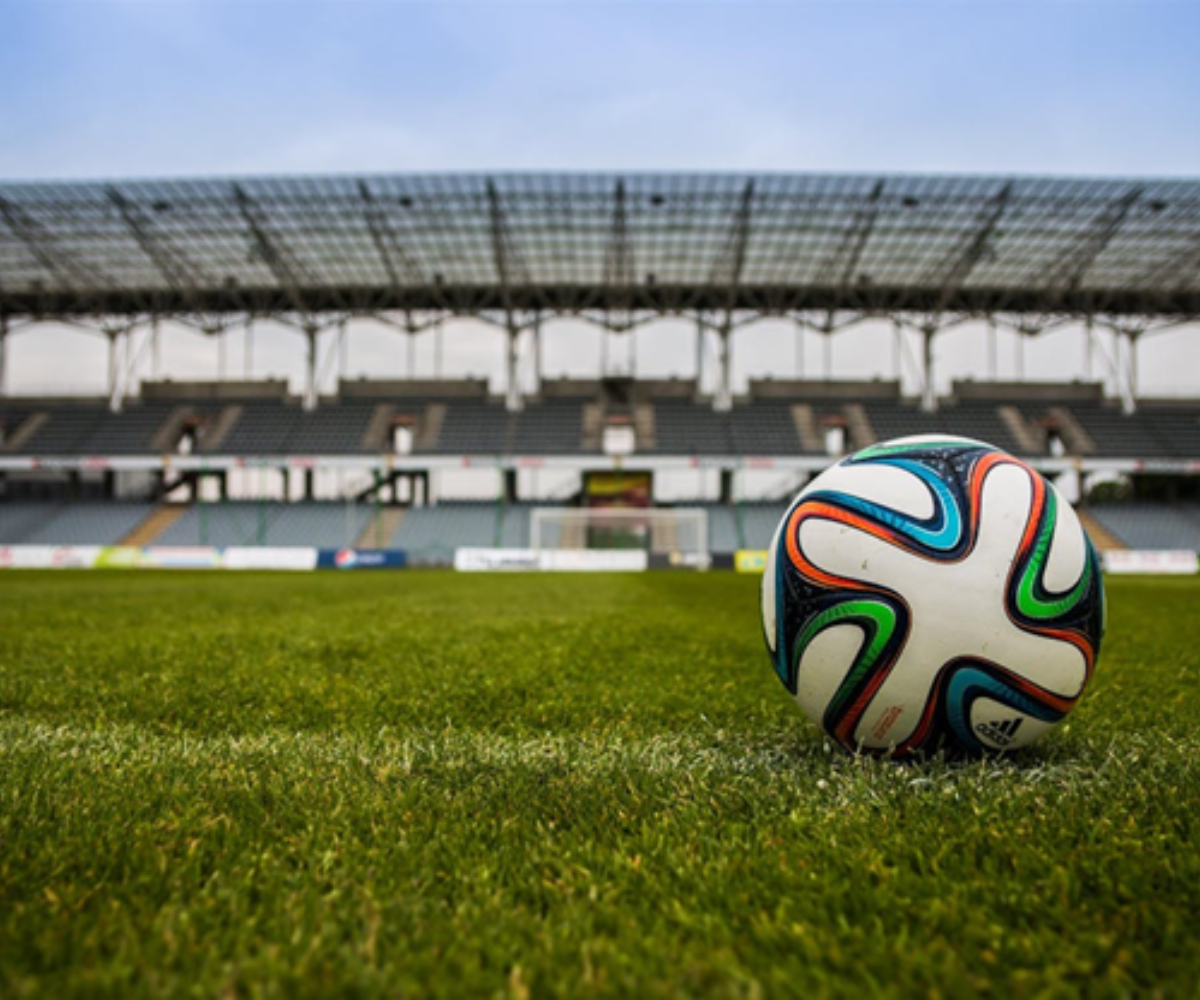How Does the Concept of Implicit Bias Affect Judging in Subjective Sports?
Implicit bias refers to the unconscious attitudes or stereotypes that affect our understanding, actions, and decisions. In the realm of subjective sports—such as gymnastics, figure skating, and diving—judging is inherently subjective and can be influenced by various biases, including nationalistic, racial, and gender biases. Understanding how implicit bias affects judging in these sports is crucial for ensuring fair evaluations and maintaining the integrity of competitions.
The Role of Implicit Bias in Judging
- Nationalistic Bias: One of the most documented forms of implicit bias in sports judging is nationalistic bias, where judges may unconsciously favor athletes from their own country. This phenomenon occurs when judges give higher scores to competitors from their nation due to subconscious preferences or social expectations. Research has shown that such biases can significantly influence competition outcomes, particularly in international events where judges are from different countries than the athletes they evaluate.
- Racial and Ethnic Bias: Implicit biases related to race and ethnicity can also affect judging decisions. For example, studies have indicated that referees and judges may exhibit biases based on the racial backgrounds of athletes, leading to discrepancies in scoring or penalties. This can manifest in various ways, such as favoring athletes who share the same racial or ethnic background as the judges or exhibiting harsher judgments towards those from different backgrounds 3.
- Gender Bias: Gender stereotypes can influence how judges perceive performances by male and female athletes. Research suggests that female athletes may be judged more harshly based on body type or perceived femininity, while male athletes might benefit from stereotypes associated with strength and aggression. Such biases can lead to inconsistent scoring and unfair evaluations.
The Impact of Implicit Bias on Competition Outcomes
The presence of implicit bias in judging can have several significant consequences:
- Inconsistent Judging: Implicit biases can lead to variability in scoring that is not based on actual performance quality but rather on unconscious preferences or stereotypes. This inconsistency undermines the fairness of competitions and can lead to dissatisfaction among athletes and coaches.
- Erosion of Trust: When athletes perceive that judging is influenced by bias, it can erode trust in the judging system and the sport itself. This lack of trust can discourage participation and diminish the overall integrity of competitive events.
- Impact on Athlete Development: Athletes who consistently receive lower scores due to implicit biases may become discouraged and disengaged from their sport. This can hinder their development and limit opportunities for success.
Read: What is the psychology of comebacks and how can athletes master it?
Strategies for Mitigating Implicit Bias in Judging
To address implicit bias in judging subjective sports, several strategies can be implemented:
- Awareness Training: Educating judges about implicit bias and its effects is crucial. Training programs that raise awareness of biases can help judges recognize their own potential biases and take steps to mitigate them during evaluations.
- Standardized Scoring Systems: Implementing standardized scoring criteria can help reduce subjectivity in judging. Clear guidelines outlining performance expectations can minimize the influence of personal biases on scoring decisions.
- Diverse Judging Panels: Ensuring diversity among judges—across gender, race, and nationality—can help balance perspectives and reduce the likelihood of biased evaluations. Diverse panels are more likely to challenge each other's assumptions and provide more equitable assessments.
- Regular Review of Scores: Conducting regular reviews of scoring patterns can identify potential biases within judging panels. Analyzing data for trends related to nationalistic or racial biases allows governing bodies to address issues proactively.
- Encouraging Open Dialogue: Creating an environment where judges feel comfortable discussing potential biases and sharing experiences fosters transparency within the judging community. Open dialogue encourages collective responsibility for fair evaluations.
Implicit bias significantly impacts judging in subjective sports by influencing how performances are evaluated based on unconscious attitudes related to nationality, race, gender, and other factors. Addressing these biases is essential for ensuring fairness and integrity in competitive environments. By implementing awareness training, standardized scoring systems, diverse judging panels, regular score reviews, and encouraging open dialogue among judges, sports organizations can work towards minimizing the effects of implicit bias. Ultimately, fostering a fairer judging environment enhances athlete development and maintains trust in competitive sports.
Read: How does the concept of periodization apply to mental training in sports?







%20(1200%20%C3%97%20232%20px)%20(9).png)









.png)

